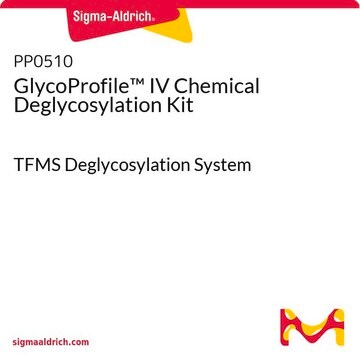I9658
Anti-Importin α1 antibody, Rat monoclonal
clone 1A6, purified from hybridoma cell culture
Sinónimos:
Anti-Imp α, Monoclonal Anti-Importin α1 antibody produced in rat
About This Item
Productos recomendados
biological source
rat
conjugate
unconjugated
antibody form
purified from hybridoma cell culture
antibody product type
primary antibodies
clone
1A6, monoclonal
form
buffered aqueous solution
mol wt
antigen ~60 kDa
species reactivity
human
technique(s)
immunocytochemistry: suitable
microarray: suitable
western blot: 0.1-0.2 μg/mL
UniProt accession no.
shipped in
dry ice
storage temp.
−20°C
target post-translational modification
unmodified
Gene Information
human ... KPNA2(3838)
mouse ... Kpna2(16647)
General description
Specificity
Immunogen
Application
- immunoblotting
- immunofluorescence
- immunocytochemistry
Biochem/physiol Actions
Physical form
Storage and Stability
Disclaimer
Not finding the right product?
Try our Herramienta de selección de productos.
related product
Certificados de análisis (COA)
Busque Certificados de análisis (COA) introduciendo el número de lote del producto. Los números de lote se encuentran en la etiqueta del producto después de las palabras «Lot» o «Batch»
¿Ya tiene este producto?
Encuentre la documentación para los productos que ha comprado recientemente en la Biblioteca de documentos.
Nuestro equipo de científicos tiene experiencia en todas las áreas de investigación: Ciencias de la vida, Ciencia de los materiales, Síntesis química, Cromatografía, Analítica y muchas otras.
Póngase en contacto con el Servicio técnico







